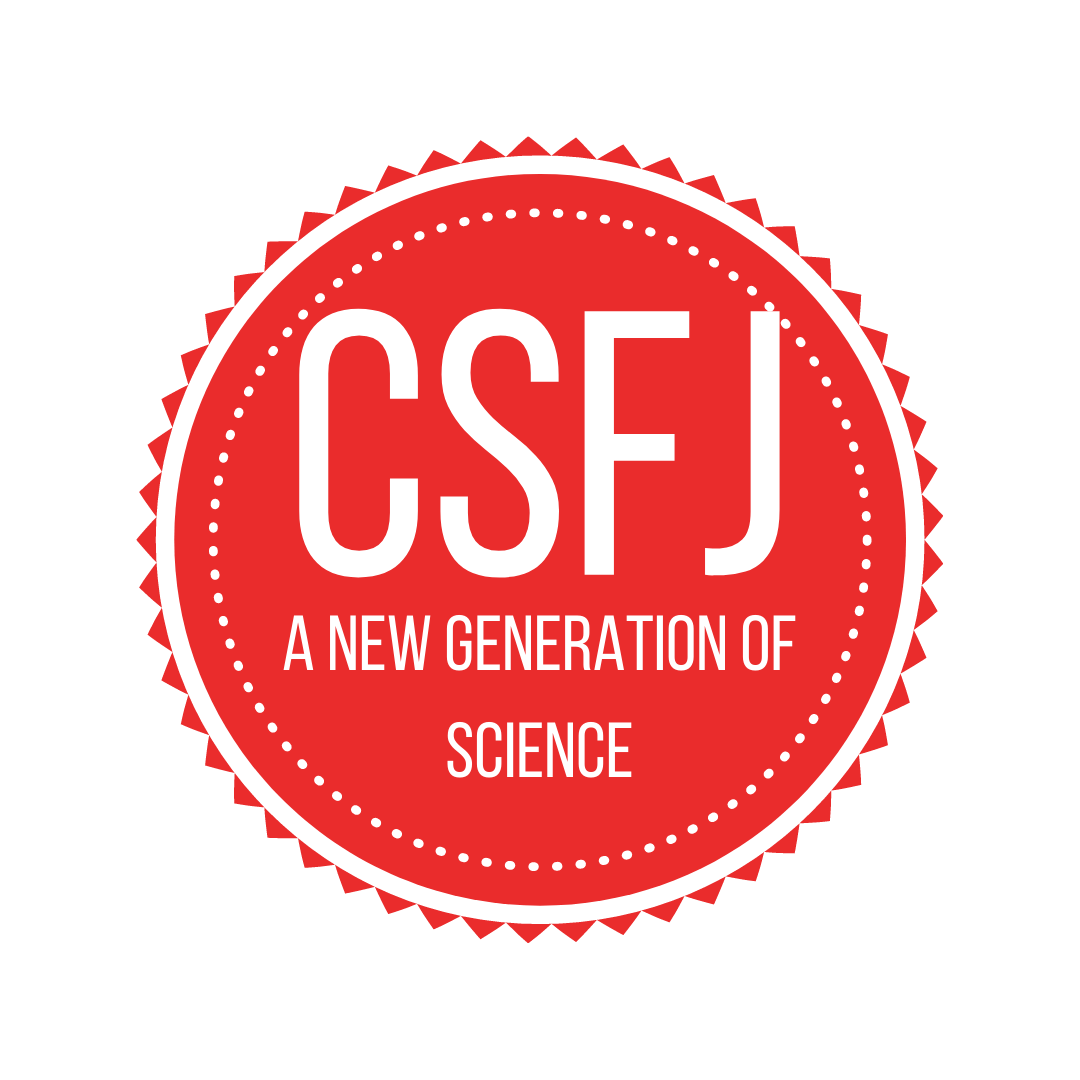Don’t let Self-Doubt Hold you Back
Dear Reader,
Science is about pushing boundaries and constantly challenging our knowledge about the natural world. This makes science fascinating, but also intimidating. I have always had a deep love for science. As I aged through the education system, each year learning more facts and mechanisms but rarely having an opportunity to be involved in true, explorative research, this feeling of intimidation grew. Eventually, I was convinced that I was not cut out for research. Alison Gopnik, an accomplished psychologist and author, articulated this problem well by relating it to the ways in which sports are taught. If baseball was taught as science is, we would spend years and years learning about the rules and replicating famous plays before we ever had the chance to pick up a bat. As you can imagine, when you finally picked up that bat, you may be discouraged by the pressure to succeed.
Throughout the past four years of my bachelor’s degree in Life Sciences at Queen’s University, I have overcome my hesitations and self-doubts. I have been involved in a variety of different research-related endeavors, ranging from conferences to case competitions to lab-based experimental work. With my story I want to send the message that it’s perfectly normal if you share these apprehensions and that you are still capable of making meaningful differences through research.
The solution is simple – seek research opportunities despite the doubts you may have. Not only will initial involvement in research improve your self-confidence, it will also open doors to more opportunities and help you find your passions. For me, I reached out to a local doctor and began my journey coordinating clinical trials for inflammatory bowel disease (IBD). IBD is a chronic autoimmune condition that affects over one hundred thousand Canadians. During my time in the clinic, I helped to coordinate 14 clinical trials and developed connections with patients who were holding onto the hope that there was an intervention that could help them return to normalcy. As I conducted patient visits and performed in-depth literature reviews for future research projects, I became fascinated by the stages that come before clinical trials and curious about lab-based research. I also discovered my love for Immunology. The immune system, responsible for surveilling the body for foreign entities or altered self, is one of the most intricate bodily systems and involves many levels of complex regulation. I followed this interest and am now involved in lab-based immunology research where I am seeking to understand the actions of certain signalling molecules and how they may possibly be manipulated for therapeutic purposes. In a sense, I am investigating the ‘on’ and ‘off’ switches for the immune system. I find it challenging and rewarding. I am certain there is a research field that will make you feel the same.
To date, the most important lesson that I have learned is the importance of collaboration and conversation. Everyone’s input and ideas are valuable, including your own. Science fairs, which display work such as that published in The CSFJ, are a great first step. Continue to step outside your comfort zone, as I did, and you can make significant contributions to science.
Sincerely,
Katelyn Gray
Honours BSc, Life Sciences
Microbiology and Immunology Specialization
Queen’s University
gray.k@queensu.ca
